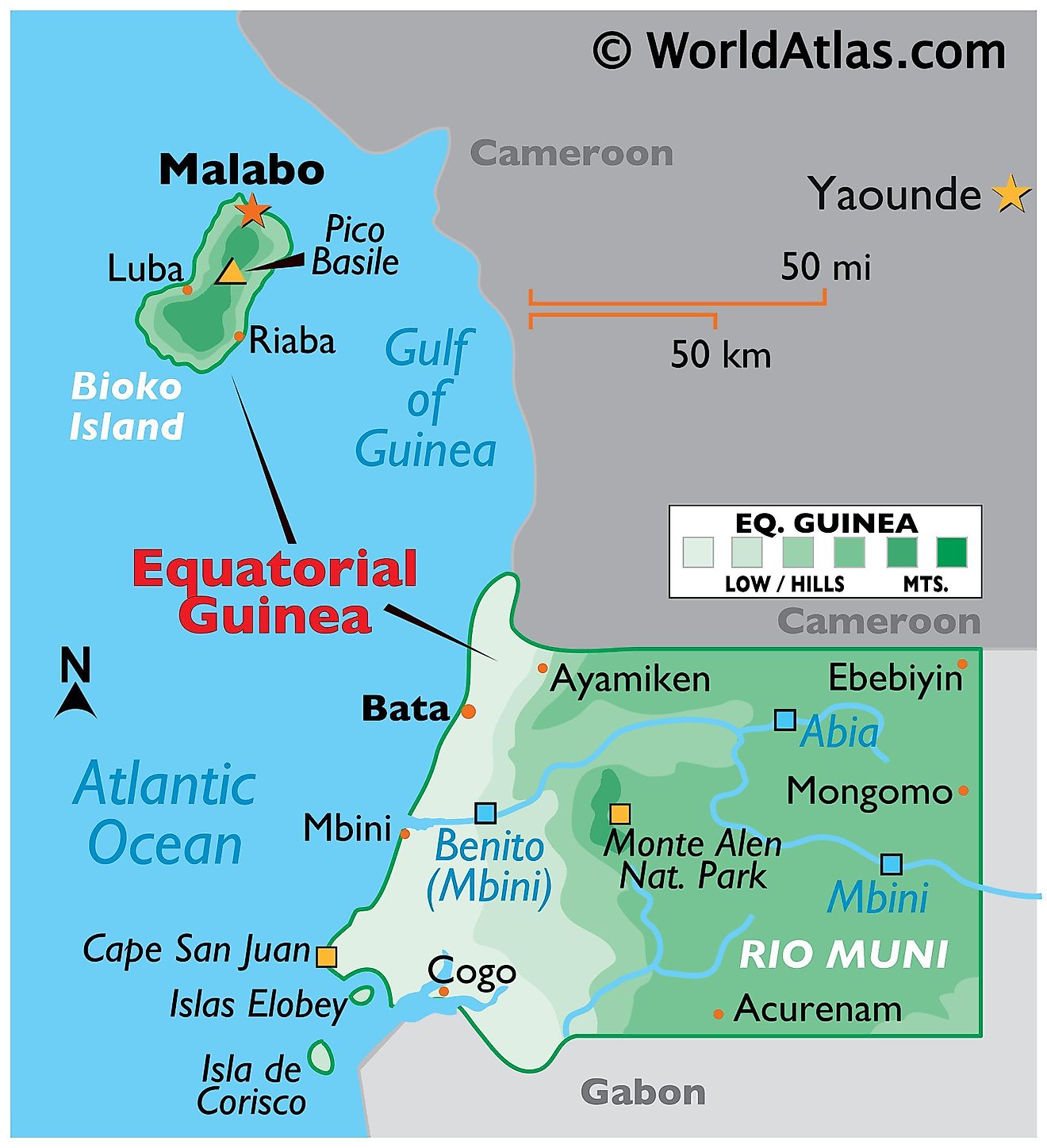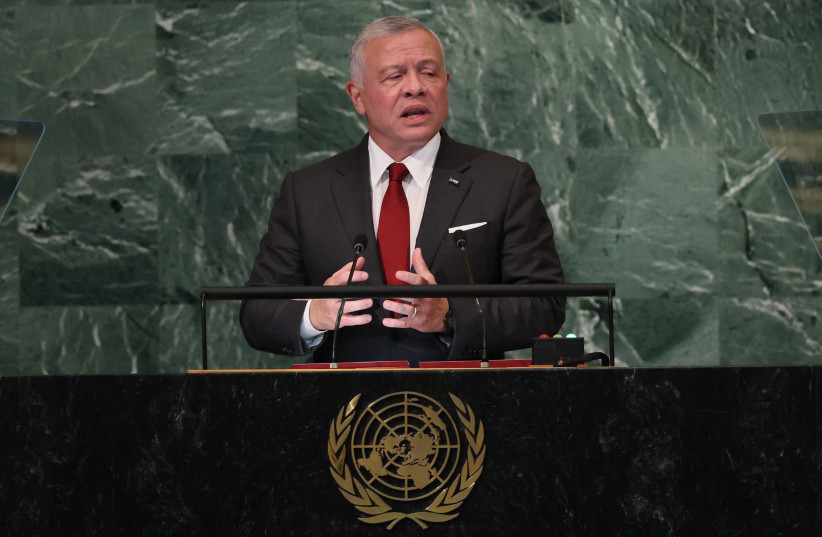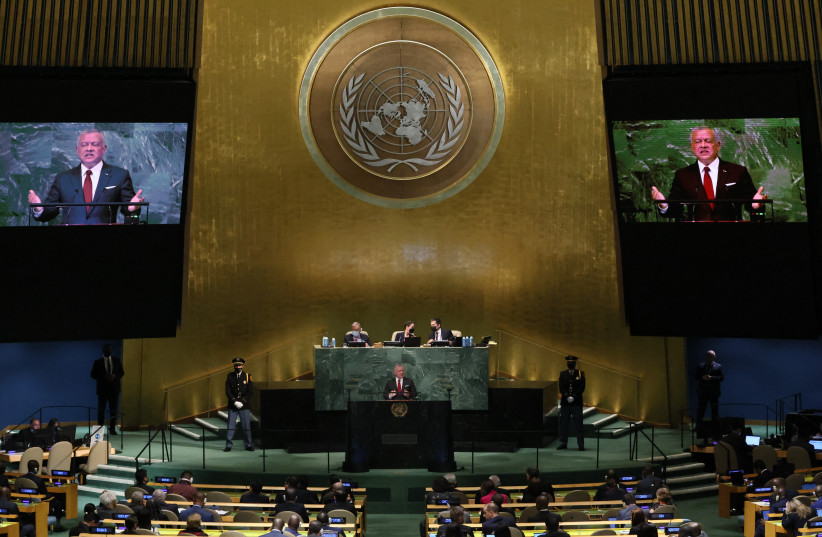Serge Sasseville lives across the street from the Russian Consulate in Montreal and has been wheeling a stroller covered in red paint out his door nearly every day at noon since mid-March.
He then stands in front of the consulate, usually with fellow demonstrators at his side, and blasts the Ukrainian anthem with a wireless speaker while yelling support for a country that was invaded by Russia in February.
The anthem is preceded by the sounds of sirens and gunshots so the people inside the consulate can hear what it's like in Ukraine, Sasseville said.
And even though he tested positive for COVID-19 on Sunday, the anthem was still played Monday as his fellow demonstrators took over the daily ritual.
Everything was going as planned until Sasseville's phone rang.
It was Claude Fournier and Fournier's sister-in-law calling to say something had gone terribly wrong.
Altercation over speaker
Sasseville, a Montreal city councillor for the Peter-McGill district of the Ville-Marie borough, went to his doorstep.
Sasseville's friends told him that a man from the consulate was harassing them. The man was insisting they stop playing the anthem and threatening to throw their speaker to the ground.
"Which he did," Sasseville said.
But Fournier, who has been demonstrating in front of the consulate since the war's start, recovered the scuffed up speaker and continued playing the anthem.

Claude Fournier, renowned Canadian filmmaker, says a man tossed his Bose speaker to the ground in front of the Russian Consulate before physically assaulting his sister-in-law.© Sharon Yonan-Renold/CBC
"Mostly he was saying, 'get out of here or else I'll get you out of here!'" Fournier recounted. "At one point, I faced him, and he said, 'I am giving you five seconds to get out of here or else!'"
Fournier is 91 years old and has a pacemaker.
He decided it wasn't safe to stand up to the man. He stepped into the street. His sister-in-law took out her phone and tried to film the altercation, but the man went after her, Fournier said.
"He grabbed and held her. And tried to get her phone. So she started yelling," Fournier said.
Undeterred demonstrator plans return
They called the police. Officers came about five minutes later and took witness reports.
According to a spokesperson with the Service de police de la Ville de Montréal (SPVM), officers did respond to a call at the consulate, but no complaint was filed. The spokesperson said there is no law prohibiting music from being played on a public sidewalk.
Fournier said the man who confronted them spoke French like a Quebecer, and he wonders if the man was hired to intimidate demonstrators. It wasn't his first altercation with consulate employees, he said, and he suspects it won't be the last.

Sasseville says he will continue to display Ukrainian flags on his house for as long as the war continues.© CBC
He plans to be better prepared when he goes back to play the anthem at noon on Tuesday, he said, this time with a camera ready and the speaker attached to him rather than on the ground so it can't be easily tossed.
"It was a bit scary, especially because I wasn't at all prepared for that," Fournier said. "[Tuesday] it will be OK because I am going to proceed differently."
He will continue to fight for Ukrainians because, he explained, no matter what happens here, "it's nothing compared to their suffering."
Continuing to fight for Ukraine
Sasseville said his friends, interrupted by the confrontation, never completed the ritual. So after they left, he went out to his car which was parked in the driveway.
"Even though it was raining, I rolled the windows down and played three times that recording of the Ukrainian anthem," said Sasseville.
"They have to understand, we will not stop doing what we are doing because they are threatening us."

Sasseville has been demonstrating almost daily in front of the Russian Consulate since March.
Sasseville said a consulate employee attacked him in early June as well, and he filed a complaint with the Montreal police.
But he is undeterred. As long as the war continues, he said Ukrainian flags will be displayed on his house and the anthem will be played every day by him or his friends.
"No threat from the Russians will stop me," he said.
He said the intimidation has to stop, and that's why he is in contact with Canadian Foreign Affairs Minister Mélanie Joly, insisting the consulate and all its employees be expelled from the country.
"It's unacceptable. You have citizens who are committed to demonstrating their opposition to a genocidal war and you have employees from a consulate who are attacking them," he said.
"They are not only killing people in Ukraine. They are attacking Canadians."
In a written statement, the consulate said none of its staff was involved or even present during the demonstration.
"We feel we are not entitled to comment on what seems to be a dispute between Canadian residents," the statement said.








:quality(70)/cloudfront-eu-central-1.images.arcpublishing.com/thenational/UN6CWXLTR5DCUDXHWJHCY2V2WU.jpg)






